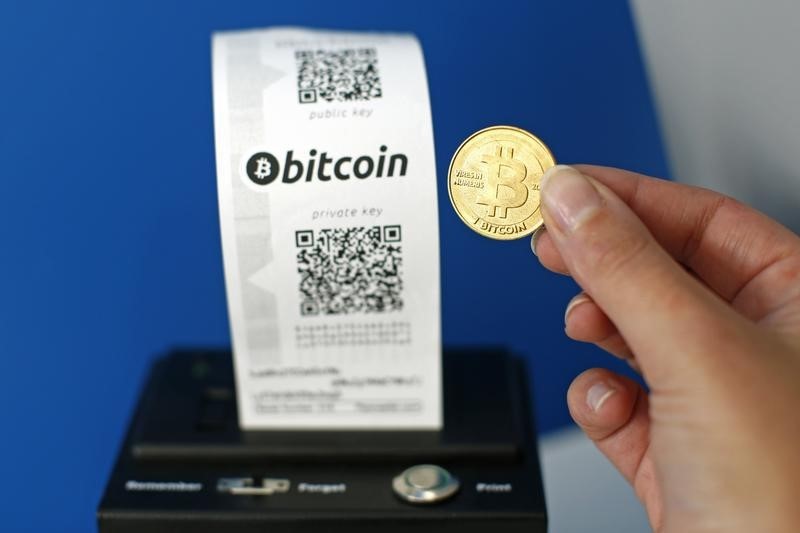First of all, what is ISO 20022? ISO 20022 is an ISO standard for electronic data interchange among financial institutions. It describes a metadata repository containing descriptions of messages and business processes and a maintenance process for the repository content. The standard covers financial information transferred among financial institutions including payment transactions, trading information, settlement of securities, credit, and debit card transactions, and other financial information.
In short, the objective of the standard is to "Enable interoperable communications between financial institutions, their market infrastructures, and their end-user communities."
And in more simple words, banks today, when communicating, have friction because they speak different languages. If they spoke the same language, they would be totally frictionless.
The objective of big financial institutions such as the FED, the ECB, or SWIFT seems to be to adapt their interbank messaging system simultaneously. SWIFT was supposed to migrate in November, but they decided to delay the process. The ECB delayed the migration by 4 months, the FED, through its new FEDNOW system (compatible with the earlier mentioned regulation).
Wait... FEDNOW, yes, the US Federal Reserve is preparing a new system whose main objective will be to "meet market needs and help financial institutions transition to 24x7x365 operations". Initial features will include:
-Basic clearing and settlement capabilities to support a variety of transaction types and use cases.
-Use of the widely accepted ISO® 20022 standard and other industry best practices to support interoperability.
-Fraud prevention tools, such as setting lower transaction value limits and specifying conditions under which transactions would be rejected.
-Receive-only participation, which will allow financial institutions to receive payments through the FedNow Service, but does not require them to have the ability to originate payments.
-A liquidity management tool that will allow participants and others to transfer funds among themselves to support the liquidity needs of instant payments.
-Reports to support financial institutions and their correspondents with transaction monitoring, account balance inquiries and reconciliation.
Because ISO 20022 is a significantly more modern and versatile standard than conventional formats, significantly more data volume processing is required. As a result, banking systems and databases will need to be able to handle larger volumes at faster speeds for real-time payments, daily liquidity management, compliance controls, and fraud detection and prevention to adapt to reality and catch up with cryptocurrencies and their technologies.
And if we talk about cryptocurrencies... Which ones could benefit from this change in the financial system?
Let's start with the main ISO 20022-compliant cryptocurrencies:
There are officially seven cryptocurrencies that are recognized as ISO20022 compliant:
-Quant (CRYPTO: QNT)
-Ripple (CRYPTO: XRP)
-Stellar (CRYPTO: XLM)
-Hedera (CRYPTO: HBAR)
-IOTA (CRYPTO: MIOTA)
-XDC Network (CRYPTO:XDC)
-Algorand (CRYPTO: ALGO)
-Cardano (CRYPTO: ADA)
Fun fact. Did you know that the person who signed almost every $100 bill (Former Treasurer) Rosa Gumataotao Rios now works at Ripple?
Many things are happening, and they are happening too fast. The recession seems to be the perfect distraction to make all these changes happen as quickly and efficiently as possible. Just ask anyone you know if they know about these regulations or know what is going on, they probably don't.
By Facundo Vidal Zamora Ceo of Finanflix, a company dedicated to financial training oriented to crypto-assets.
Translated by Paula Sanchez
© 2022 Benzinga.com. Benzinga does not provide investment advice. All rights reserved.
